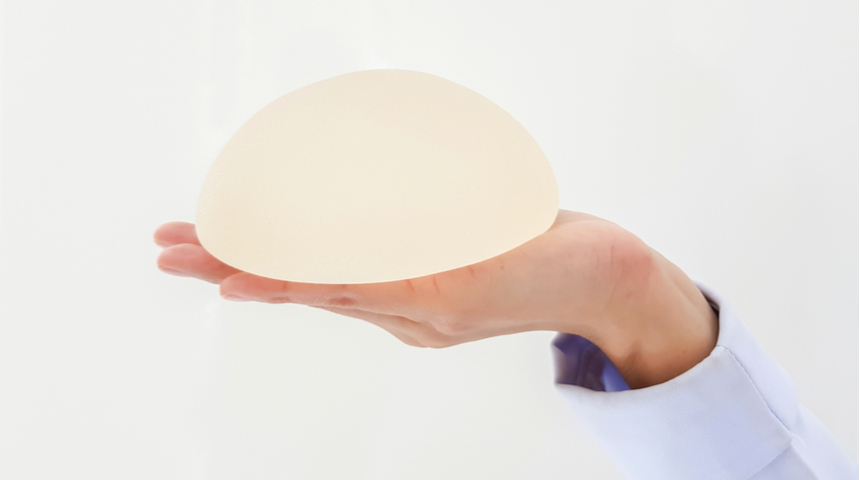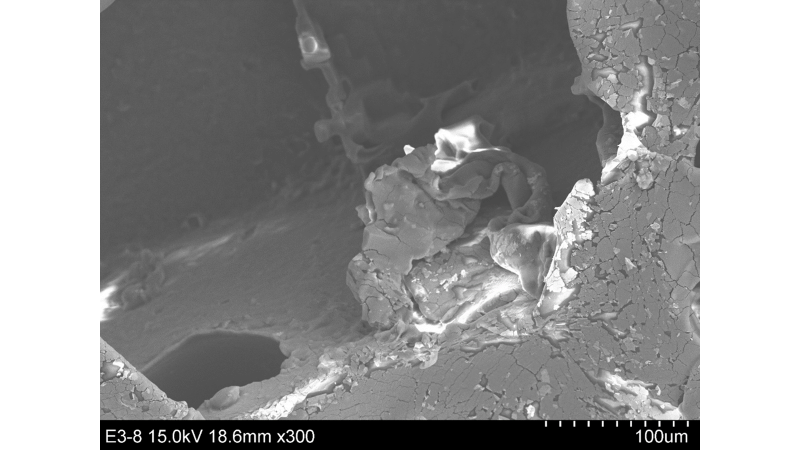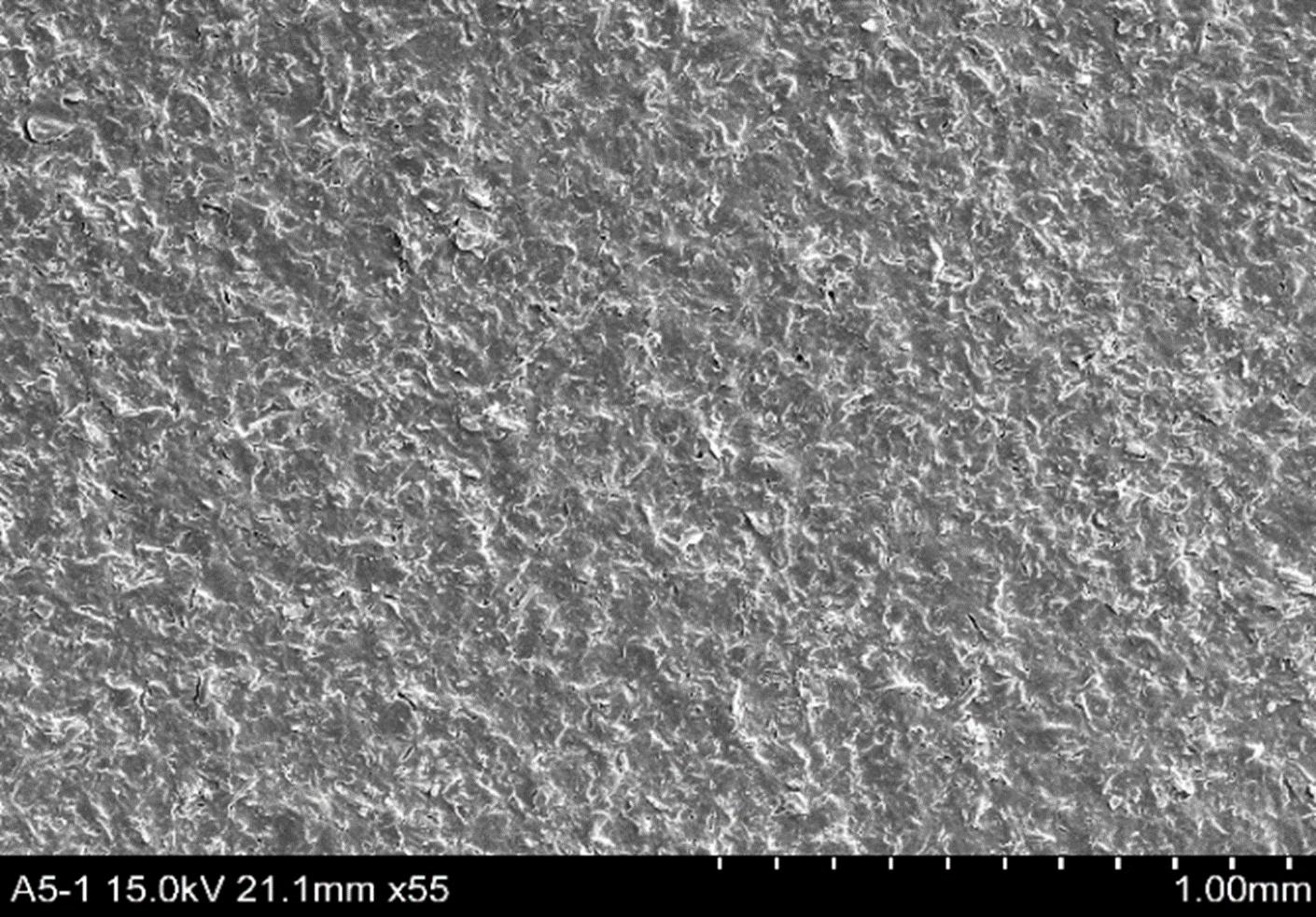
What Other Implants Can Patients Consider After The Recall of Textured Implants (Linked to A Rare Cancer) Worldwide?
On 24th July 2019, US FDA requested to recall Allergan Biocell textured implants from the market due to the increasing number of cases and deaths from the implant-associated cancer. The FDA announced that the implant will also be recalled globally and can no longer be sold. This decision was made following the ban from regulatory agencies worldwide including France, Brazil, UK, Colombia, Canada, Switzerland, Australia and Singapore. A total of 38 countries have made the decision to ban textured implants. The first recognise link of breast implants to BIA-ALCL was in 2011 and many research and studies has been done since in order to determine the cause of the cancer.
According to ICIJ, France health authorities was the first country to issue an implant ban on 6 different companies including Allergan, Arion, Sebbin, Nagor, Eurosilicone and Polytech. They commented that the ban was a “precautionary measure” in response to the “rare but serious danger” posed by the implants.
Due to the increased risk of patients developing BIA-ALCL with textured implants. The global health authorities are recommending the use of smooth/nano surface implants instead for women considering breast augmentation.
What is BIA-ALCL?
BIA-ALCL a rare type of non-Hodgkin’s lymphoma that is highly treatable when detected early. Although BIA-ALCL develops in the breast, it is not a type of breast cancer but rather, a type of cancer that affects your lymphatic and immune system. BIA-ALCL can be found in the scar tissue and fluid accumulated around the breast implant. In most cases, patients can be cured of the cancer by removing the breast implant and scar tissues around it. However, late detection can lead to the spread of the cancer in the patient’s body and even death.
As of March 2019, there has been 688 reported cases of BIA-ALCL in women across the world, with 33 cases of death reported. To date, there has been no confirmed cases of a BIA-ALCL in patients who only had smooth textured implants.
Implants with textured surface were created so that the roughened surface can help adhere to the tissue better and hold the device in place. However, recent research studies have shown that the texture of breast implant shell has been singled out as the main factor to causes lymphoma.
The rougher the implant surface, the higher risk of patients developing cancer. The reason why textured surfaces lead to cancer development in some patients has yet to be known. However, healthcare professionals’ suspects that friction from the surface of textured implant causes inflammation and discomfort to the surrounding tissues, and can gradually lead to cancer. Some researchers also suspect that bacterial infection trapped in the crevices between the implant and surrounding tissues might somehow lead to cancer.

An electron microscopy high magnification view shows silicone debris associated with the pits. This debris could provoke chronic inflammation and is one of the theories as to the aetiology of ALCL.
What are the options for patients considering breast augmentation after the ban of the implants?
Regulatory agencies from all over the world are issuing recommendation for patients to choose smooth/nano surface implants instead of textured implants when considering breast augmentation.
According to BA101’s research, Motiva is the only brand of implants currently that has not been affected by the breast implant recall event. The main types of implants banned were textured and polyurethane implants. However, Motiva uses SmoothSilk NanoSurface for their implant shells, manufactured using a 3-D printing technology to create a controlled surface of uniform shell thickness throughout the implant.

SmoothSilk®/ SilkSurface® SEM image at a scale of 1 mm and 55X magnification.
Through extensive research, it has been identified that textured implants are the main contributor that causes chronic inflammation and is a potential contributing factor for BIA-ALCL. Therefore, Motiva Implants® surface were specially designed to be cell-friendly and bio-compatible in order to reduce the body’s inflammatory reactions. To date, there has been 0 cases of BIA-ALCL cases reported in patients with Motiva Implants and the brand have also demonstrated a superior safety profile with almost nine years of production in the market.
Click here to see multiple levels of clinical evidence indicate superior safety for Motiva Implants.
The main difference between Motiva Implants and other smooth implants lies in the surface. Previously, textured implants were created in response to the high complication rate of capsular contracture found in patients with smooth implants. Even though the exact cause of capsular contracture is not known, the theory is that the surface of smooth implants makes it easier for capsules to form around the implant, resulting in higher complication rate of capsular contracture. Currently, Motiva has outstanding safety records with 0% capsular contracture at present due to the NanoSurface technology.
Motiva commented in a recent position statement stating that their mission as a breast implant manufacturer is to improve the safety and aesthetic outcomes of patients in breast surgery. This mission has led Motiva to be committed to reducing the risk/complications of patients and produce a product with the highest safety profile.
If you have textured implants, should you get it removed?
If you have no symptoms/ abnormalities shown in your breast, there is no need for you to remove your textured implants.
However, it is important for you to be familiar with the symptoms of BIA-ALCL and be able to identify them should there be any changes to their breasts. The main symptoms of BIA-ALCL includes: pain and swelling in the breast area due to excessive fluid build-up around the breast implant. Lumps can also be formed around the breast or armpit area. These symptoms can develop between 3-14 years, well after you have been healed and recovered from your surgery.
If you have any concerns regarding your implants, it is recommended for you to go for a consultation and talk to a local certified plastic surgeon. They will be able to give professional advice on suitable types of implants for you, should you need a replacement.
Even though BIA-ALCL can be dangerous when left untreated, it is important to note that it is a rare form of cancer given that millions of women have had breast implant surgery worldwide. Despite the low occurrence of lymphoma, the US FDA commented that it is necessary for all patients who are considering a breast implant of any type be informed of the risk of developing the disease. Surgeons should also make sure that patients are made aware of this information before undergoing the surgery.
